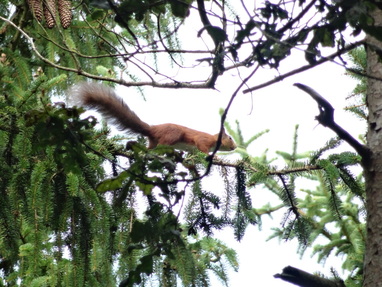 Iora rua (Red Squirrel) Iora rua (Red Squirrel) There are two species of squirrel currently in Ireland. The red squirrel is a native species that has been found on the island since before the last ice age. It is totally dependent on woodland as a habitat, and through deforestation has suffered a number of troughs, including almost complete extinction in the 17th century. The current population mainly derives from reintroductions that took place in a number of locations during the 19th century. The second squirrel species is the American grey squirrel Sciurus carolinensis that was introduced on just one occasion in 1911 to Co. Longford. The establishment and subsequent spread of this alien species has resulted in competition with the red squirrel for food resources, with the red squirrel invariably losing out to the grey. Red squirrels are distinctly smaller, weighing approximately half that of a grey squirrel. Reds can be distinguished from greys by their long ear tufts and fur colour, although grey squirrels can be a brown-red colour in the summer, and reds sometimes taking on a greyish hue in the winter, leading to some confusion. Red squirrels spend the majority of their foraging time in the tree canopy, whereas greys feed more frequently on the ground. Red squirrels are particularly elusive, often hiding against the opposite side of the tree trunk from intruders, whereas the brash grey squirrels display less wariness of humans. Red squirrels feed mainly on tree seeds, although they can utilise fungi, fruit and buds as they become available in the woodland. Grey squirrels have a broader diet, making greater use of alternative food sources and also including grain, flowers, eggs and tree bark in their diet. Both species depend predominantly on nuts and seeds though, hence the fierce competition between them. Record your own sighting to the National Biodiversity Data Center here Credit : http://www.mammals-in-ireland.ie/species/red-squirrel Local honey for saleA limited amount of local honey is now available to buy in either a glass jar or squeezy bottle costing €6 per item
Available now from Cill Dara Honey Friday evening , 20:25 and I'm watching a bat hunting in the back garden - then I begin to wonder is the bat hunting the bee's that might be returning from forraging and on route back to the beehive
The Men's Shed Movement: The Company of Men Barry Goldings Barry Goldings Are you interested to learn more about this remarkable Men’s Shed Movement globally? Are you interested to know more about Men’s Shed innovation and diversity in community settings in four countries Australia, Ireland, the UK and New Zealand, all with active national Movements? Do you want to read about how and where the Movement started and how and where it has spread globally? Are you interested to learn from the experience of over 80 diverse Men’s Sheds in four countries? Do you want to know how and why over 1,400 diverse Men’s Sheds organisations are already embraced by men and communities across the world? Then this book is for you "There were only around 30 Men’s Sheds in the world a decade ago (before 2005). By May 2015 there were 1,416 Men’s Sheds open globally. All are mapped and listed by name in the book. The list includes 933 Men’s Sheds in Australia, around 273 across the Island of Ireland (including 16 in Northern Ireland), 148 elsewhere in the UK (England, Scotland and Wales) and 57 in New Zealand. By mid 2015 several Sheds were open in Denmark and Sweden and at least five were open in Canada." Links
How to soften up hard honeySweet, golden honey drips thickly from spoons, but it can harden and crystallize during prolonged storage. Honey is almost pure sugar so it naturally begins to crystallize and harden in the jar. It may also darken or develop a stronger flavor, but this doesn't ruin the quality of the honey. The sugar crystals melt easily with heat, which revitalizes the honey so it regains its thick, sugary consistency. You can heat and dissolve the sugar crystals as often as necessary to keep the honey in its liquid form.
Step 1 Bring the jar of honey to room temperature if it was refrigerated. Set it on the counter for about one hour prior to softening, especially if it's in a glass jar. Cold glass can crack when it heats up. Step 2 Fill a medium saucepan with water. Open the jar and set it in the pan so the water comes about halfway up the sides of the jar, or at the most just below the level of honey in the jar. Step 3 Heat the water over low heat but don't bring it to a boil. You turn the heat up to medium heat if the honey is in a glass jar, but keep the heat low if it's in a plastic container so the container does not melt. Step 4 Stir the honey constantly as it begins to soften. Stirring allows the honey to heat evenly and ensures all the sugar crystals melt. Continue to heat and stir until the honey reaches the desired consistency and all the crystals are gone. Step 5 Store the revitalized honey in a closed jar at room temperature. Honey crystallizes more slowly at room temperature than in the refrigerator. Inistioge in AugustSo today I happened to be in Inistioge to help get a Men's Shed started - more about that next week . After a good meeting with some of Inistioge's locals , I managed a walk down along the river and back into the village . What a wonderful place - and well worth a visit Inistioge - walking along the River Barrow to the Bat Cave Saw this in the next town Had to stop and get a snap - amazing what some people will put in their gardens How to remove waspsLast week , 8th August , we put these bottle around the apairy to stop wasps from robbing the honey and causing mischief with our bee's . Literally one minute after putting the wasp traps out, they began generating interest from the wasps . Today (13th August ) we called back for our regular inspection of the beehives . What a result !! How to remove wasps - What you will need to make your own wasp trapIf you would like to make a wasp trap to remove wasps from around your house or garden , you will need some basic ingredients easily found around the house :
Follow the instructions from this post or download by clicking the button below Note : It is important to drill a small hole in the bottle - you;ll need the cap on your bottle to stop wasps getting out ( for some reason they can;t find the hole the came into your wasp trap ) and should you get rain - you'll want the cap on your bottle so as not to dilute your mixture. If you have being stung by a wasp - you might want to read this post to see how to get the best treatment for your sting
If you would like to order some local honey , click here |
Gerry Walsh
Some of my stories and ramblings Categories
All
Advertisement
Beekeeping as a Hobby - find out more here
Archives
December 2019
|
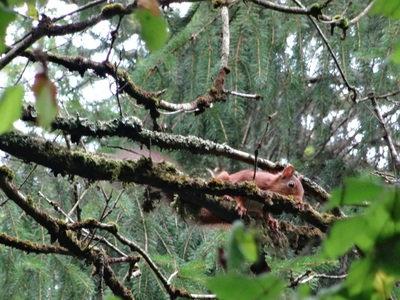
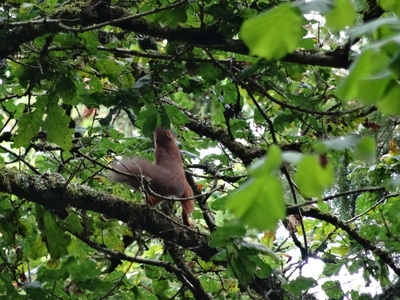
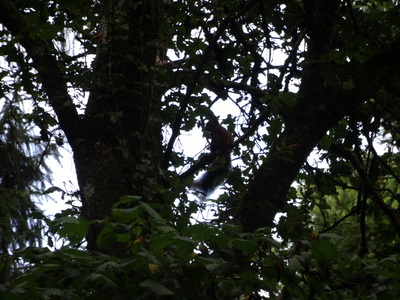
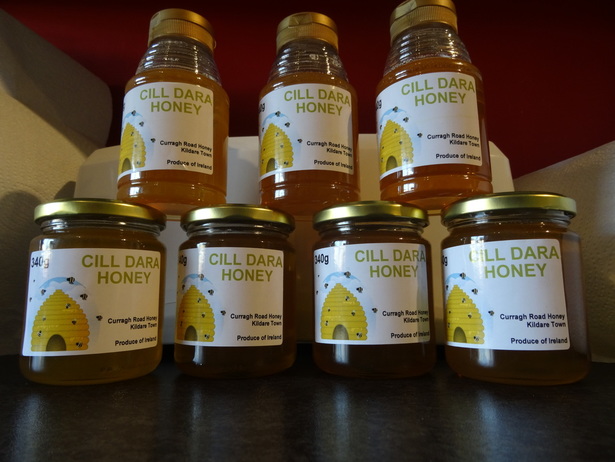
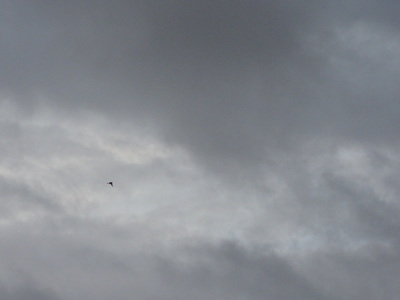
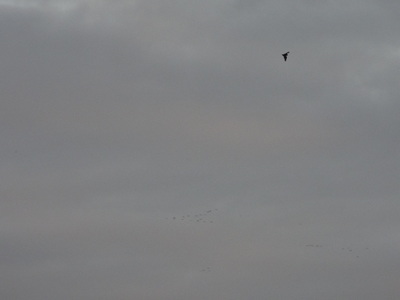
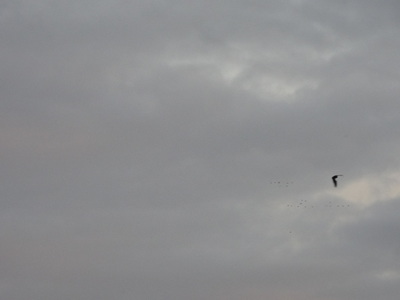
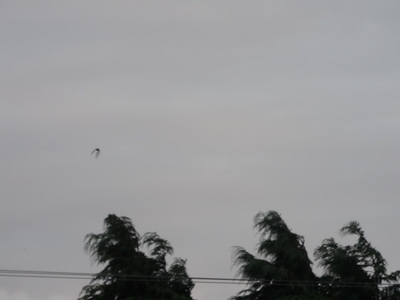
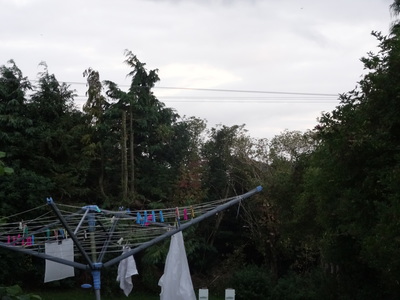
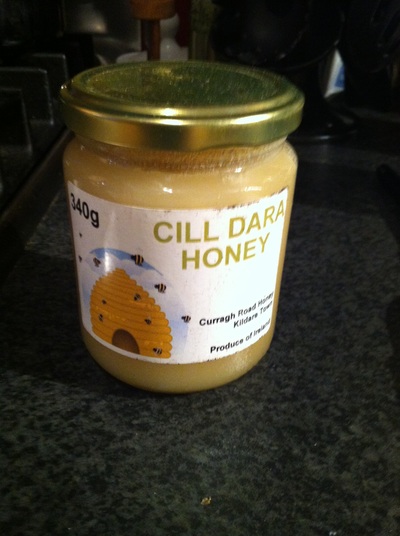
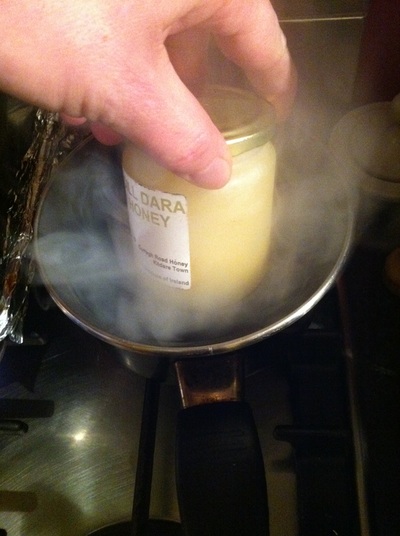
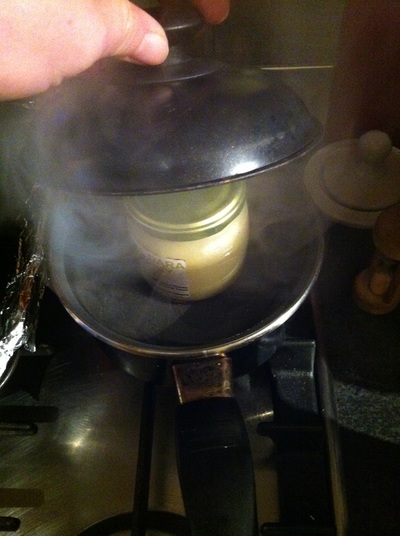
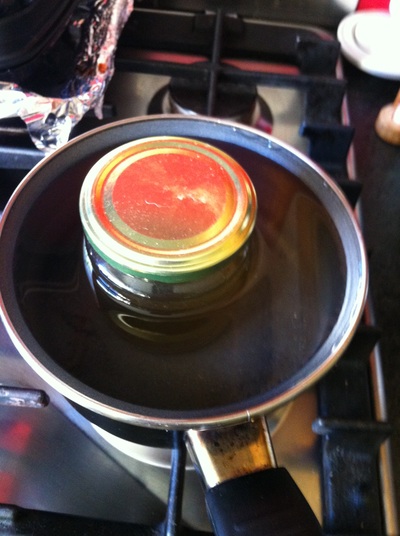
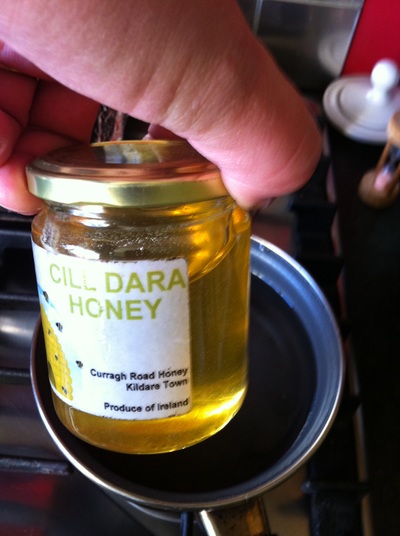
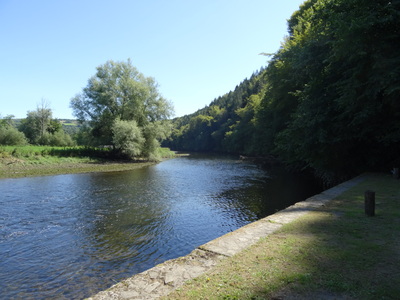
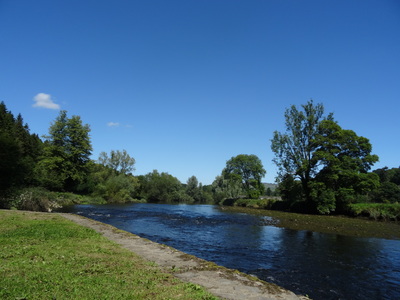
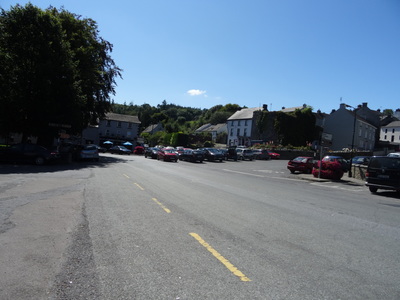


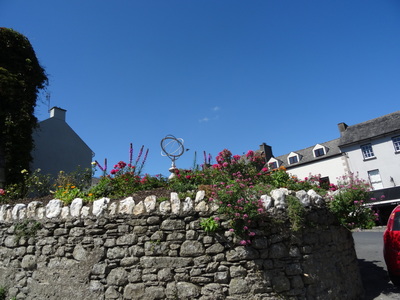

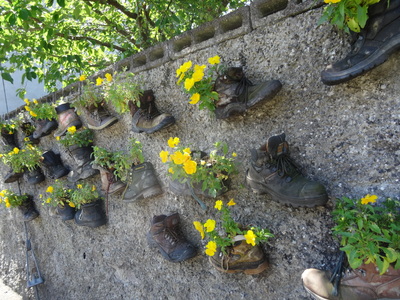
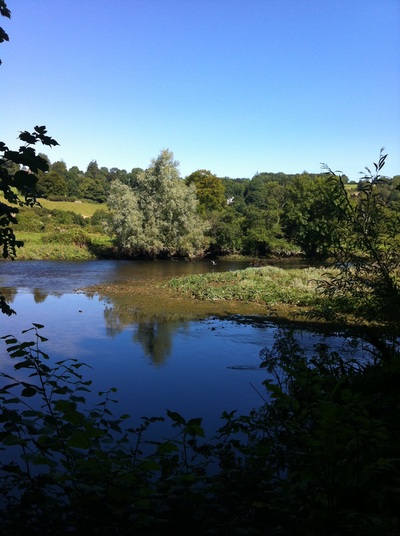




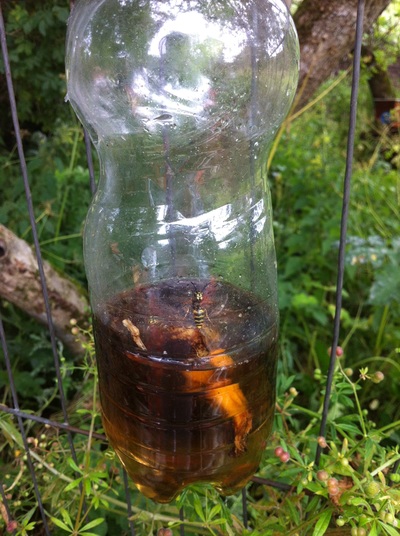
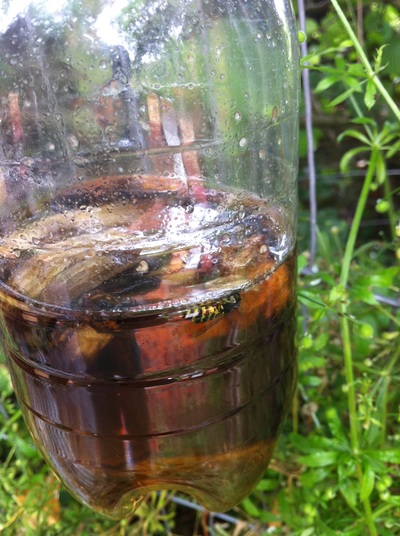
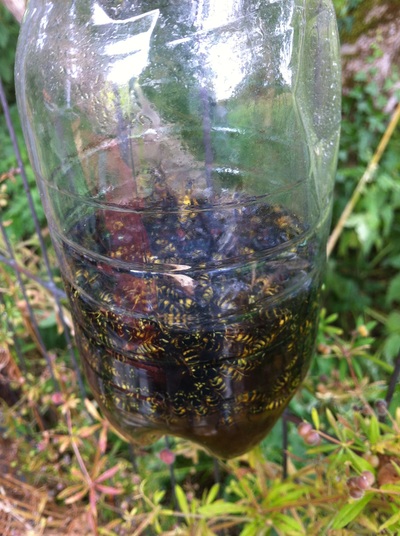
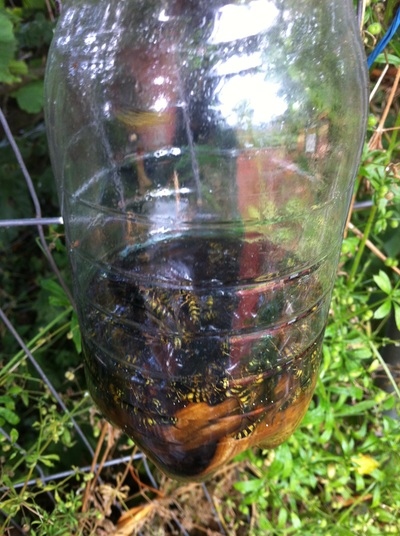
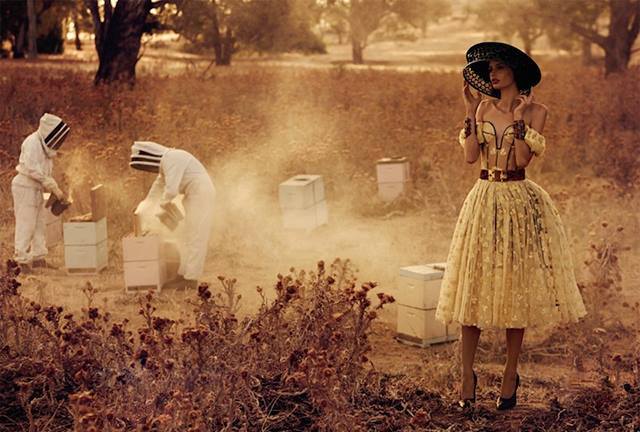
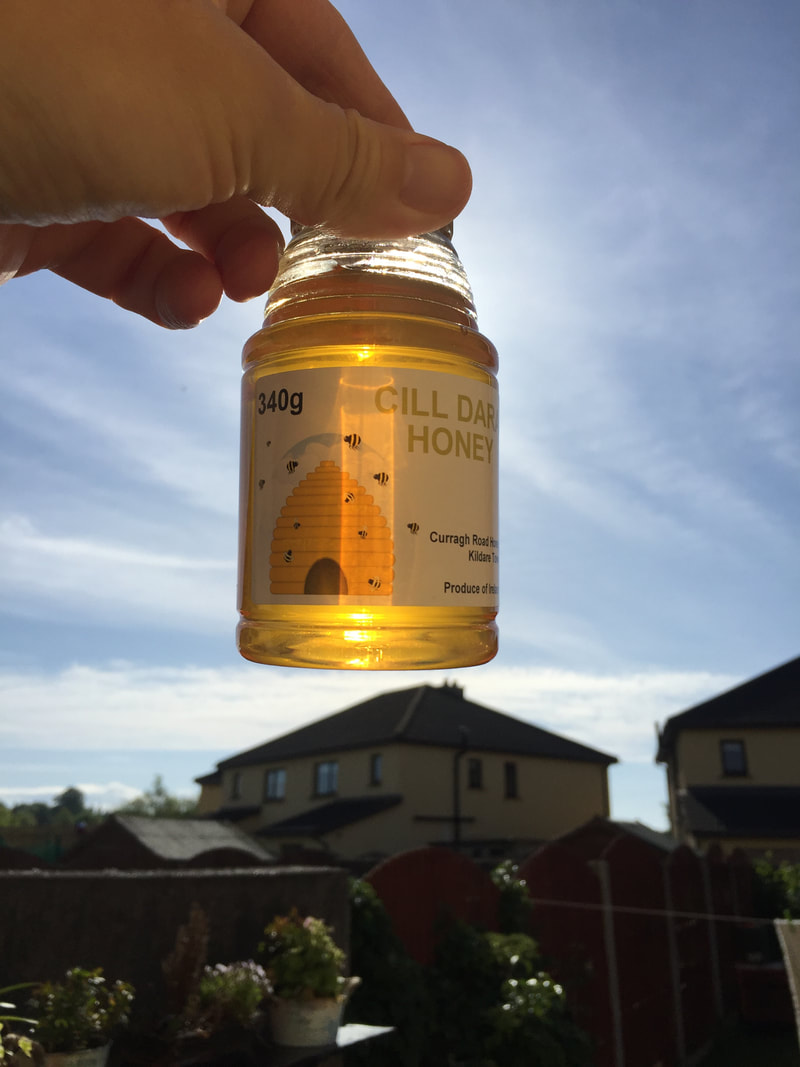
 RSS Feed
RSS Feed